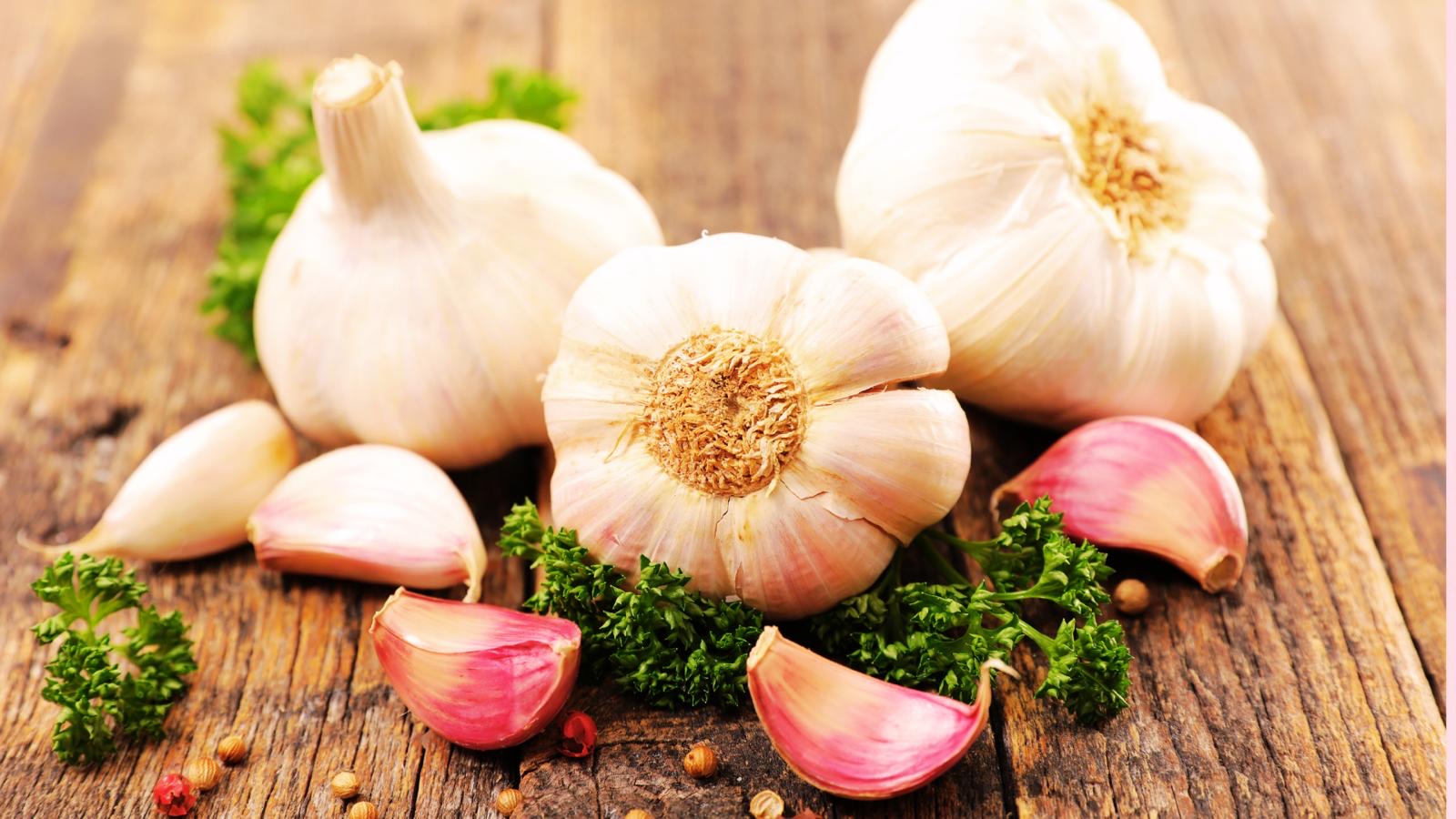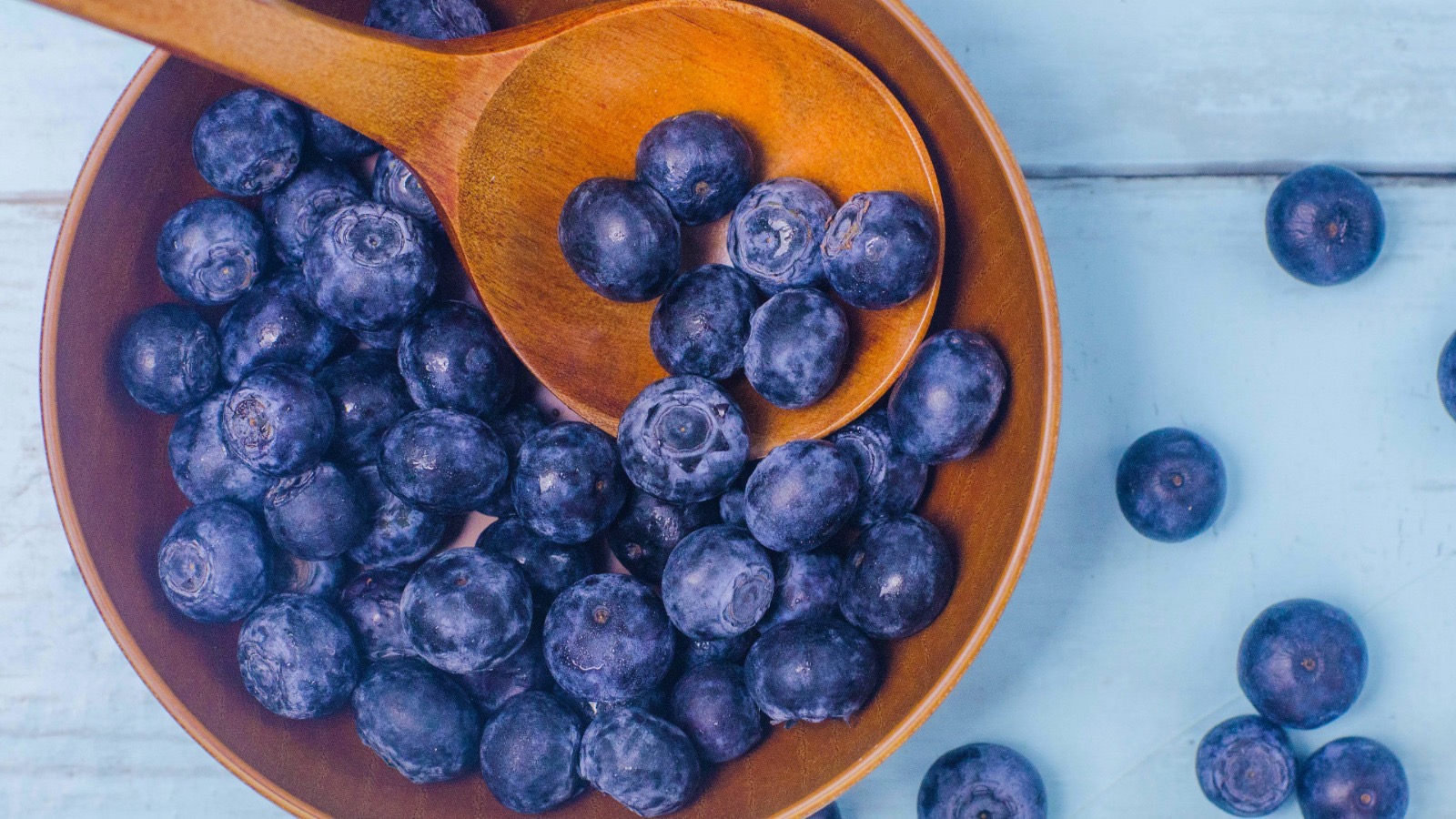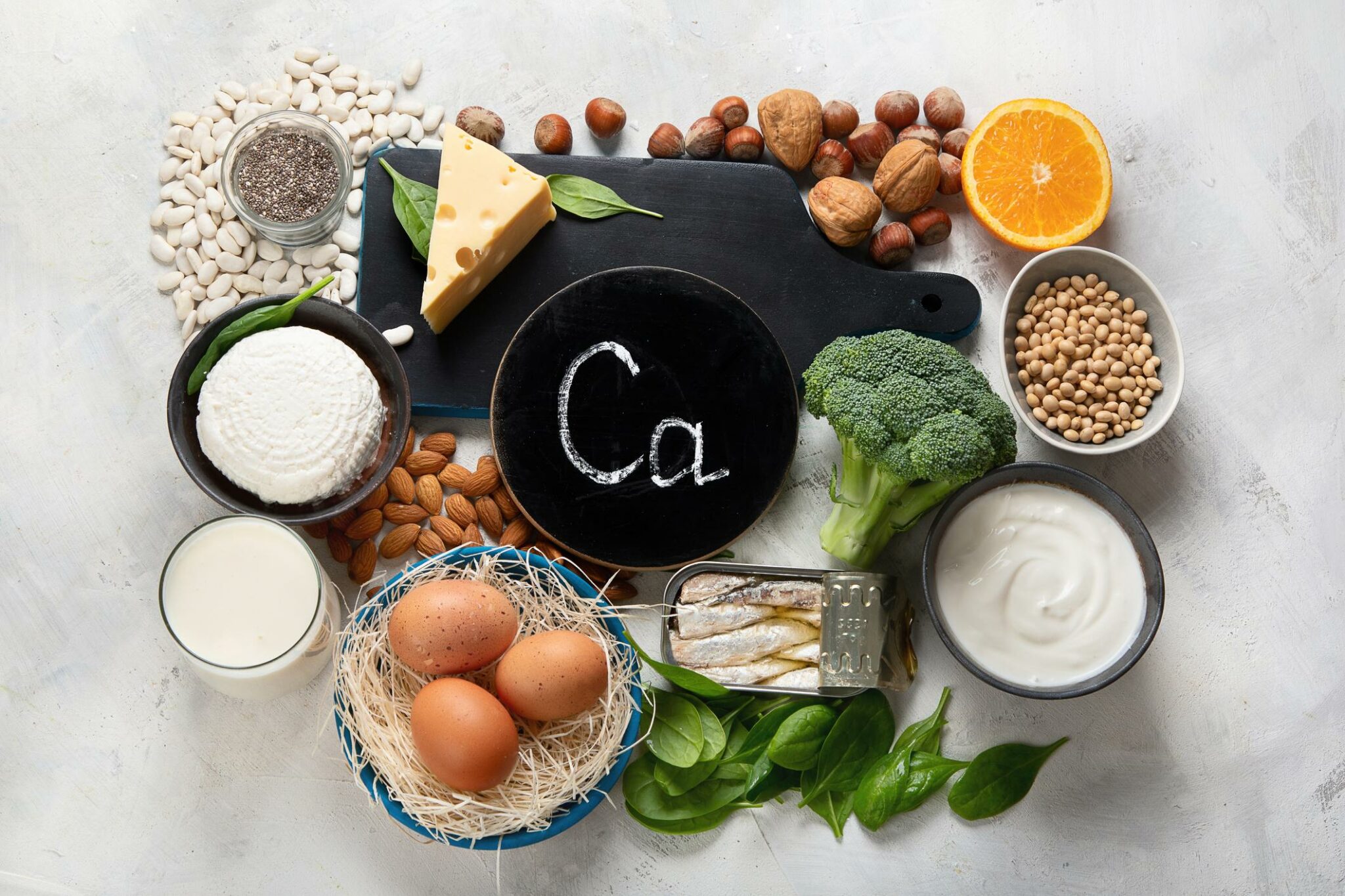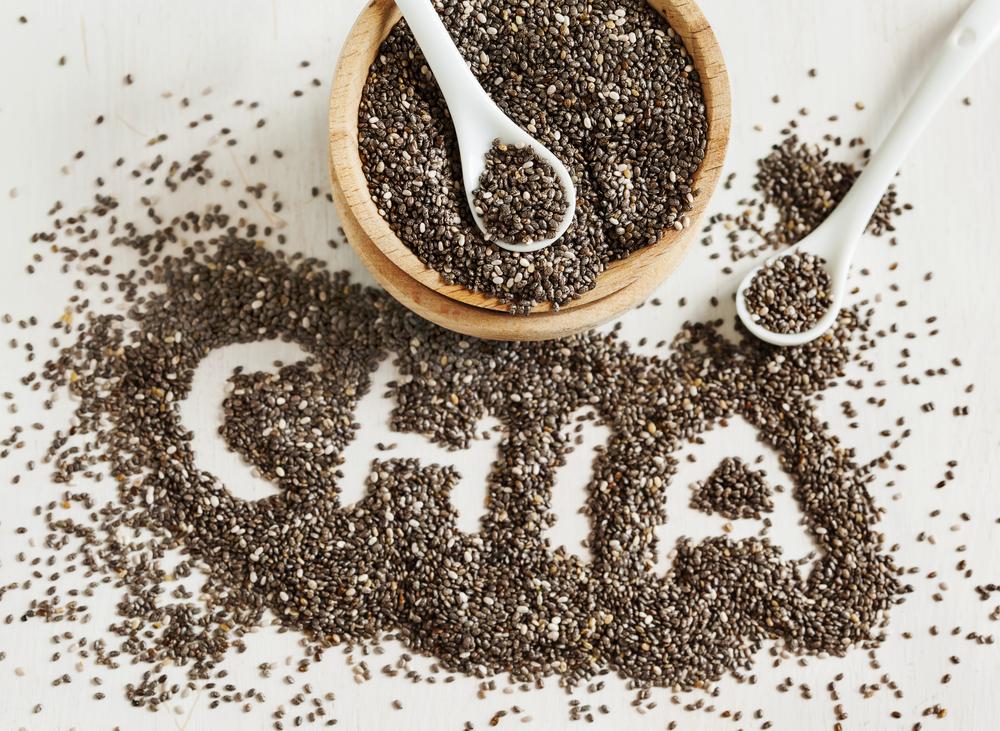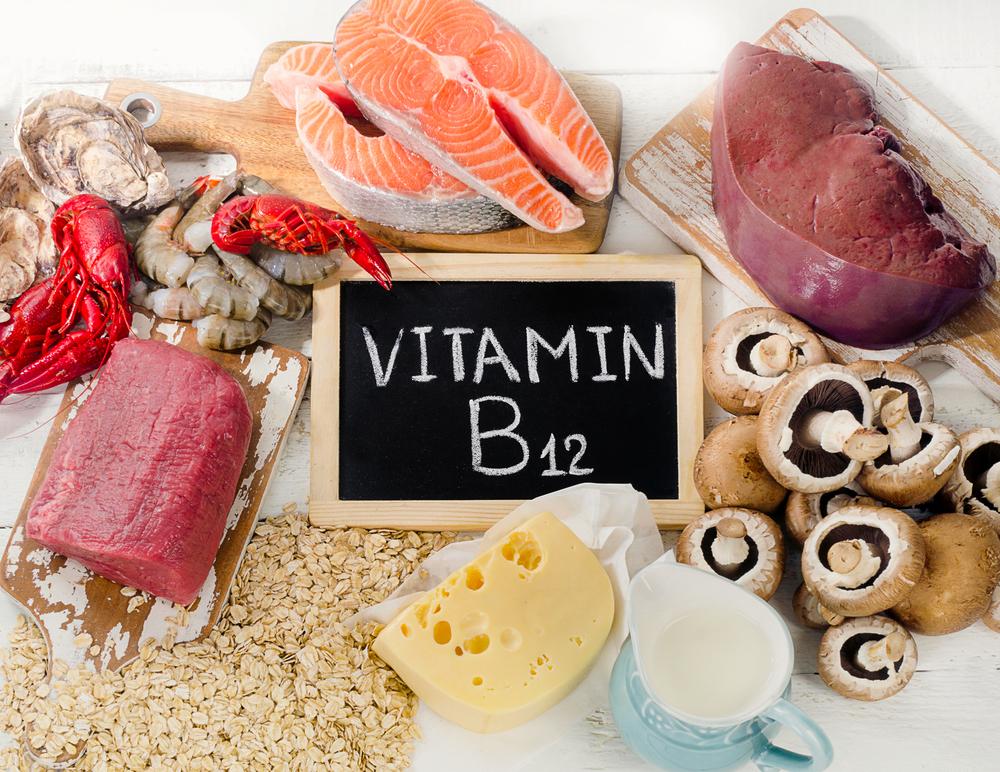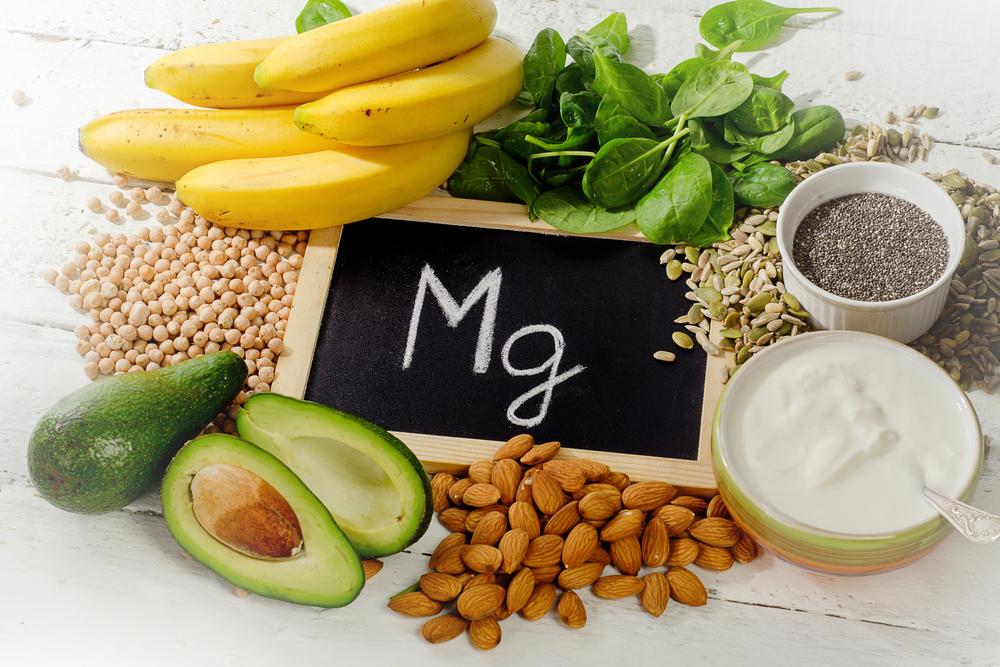Probably the biggest minefield of confusion and misinformation in the pet food and health industry in recent years, Dilated Cardiomyopathy (commonly known as DCM) is a topic that has many of our customers and readers here at My Pet Nutritionist, worrying.
We thought we would put together this handy guide on DCM, what it is, what the conflict is all about, how to reduce the risk of your dog developing it, and how to support the body when suffering with it.
What is Dilated Cardiomyopathy?
Dilated Cardiomyopathy (DCM) is a major, incurable heart condition, whereby part of the heart is enlarged. The left ventricle is one of the four chambers of the heart, and is responsible for pumping blood from the heart to the rest of the body. As the chamber dilates (enlarges), the chamber wall becomes thinner and thinner.
As we all know, the heart is a muscle. When a muscle is overstretched for long periods of time, it becomes weaker. When the enlarged chamber stretches, and the wall becomes thinner, is also gets weaker; this effects the ability to efficiently pump blood around the body due to the lack of power from the left ventricle. When the body is starved of oxygenated blood, various muscles are affected, and the body is unable to properly function.
DCM can be caused by an underlying heart disease, such as blocked or narrow coronary arteries, or badly managed high blood pressure. Genetics also plays a role in DCM development as it can be a hereditary condition. Dogs with a history of heart problems must never be used in any breeding programmes for this very reason.
DCM can also be as a result of type 2 diabetes – diabetic cardiomyopathy.
Findings Here
Findings Here
Some breeds are at a higher, predisposed risk of developing DCM. These include:
- Cocker spaniel
- Doberman
- Scottish Deerhound
- Irish Wolfhound
- Boxer
- Great Dane
- Newfoundland
The DCM Conflict
In recent years, there’s been a massive debate on pet foods and DCM. A study by one of the large kibble companies suggested a potential link between DCM and grain free diets. Since then, a list of specific brands has been shared virally across various social media platforms, stating these brands are ‘the worst’ – most of those on the list were higher in meat than most dry foods, and didn’t contain grains. While we don’t recommend feeding a kibble diet here at MPN (we prefer fresh feeding!), the initial panic was quickly debunked by a large number of studies, however the misinformation continues to spread to this day.
The suggested link was that the legumes often used to replace grains in grain free dry foods, blocked taurine receptors in the heart, which in turn caused DCM. We wouldn’t recommend feeding grains or legumes regardless! Sadly, this suggestion spiralled out of control, and people began thinking even fresh food would benefit from grains to reduce the DCM risk, which of course, wouldn’t! Grains don’t actually contain any taurine, only precursor amino acids called cystine and methionine. Taurine is found most plentifully in meat, offal, and eggs.
Let’s take a look at big cats for a minute. Feline species cannot function at all without a taurine rich diet; it’s one of the most essential nutrients in a cat’s diet. Cats are obligate carnivores – meaning they need a purely meat diet to thrive. This proves a fresh meat based diet provides plenty of taurine.
Legumes are not a food type we would recommend, regardless of current diet due to their content of lectin. Lectin contributes to leaky gut, which in turn contributes to intolerances due to poor gut integrity. A healthy gut is key to general health.
More on Leaky Gut here!
Grains are not an ingredient we would recommend feeding your dog either. They have no place in a canine diet, and can cause a blood sugar spike. Grains are hard to digest due to the short digestive tract of a dog, and some, such as rice, contain potentially harmful substances like arsenic.
How to prevent DCM, and Support The Body With It
Unfortunately, DCM is tricky to prevent, especially in those who are effected genetically. There are a number of supplements and dietary additions which can help reduce the risk of DCM; let’s take a look at some of these:
Probiotics
Specifically
Lactobacillus plantarum has been proven in a study on rats, to improve receptor expression in the heart, and supress apoptosis in the heart. Apoptosis is cell death – when the muscle is enlarged, cardiac apoptosis occurs which weakens the chamber wall. Probiotic therapy using Lactobacillus may be a great option for your pet, particularly if they are suffering from DCM as a result of diabetes.
Findings Here
Taurine
Taurine is an amino acid which is essential for a healthy nervous system, and also contributes to immune health. Taurine helps regulate hydration by balancing cellular electrolytes, helps with bile production which enables healthy digestion, regulates calcium intake in the body’s cells, maintains antioxidant function, and helps keep the heart and eyes healthy.
Taurine deficiencies in animals have been linked to muscle weakening, including that of the heart, eye problems, liver disease and increased risk of developing diabetes.
Great sources of taurine include brain, heart, muscle meat, and eggs.
Findings Here
Findings Here
Omega 3
Omega 3 is a great anti-inflammatory addition. Inflammation affects the heart as it damages the blood vessels, and can contribute to inflammation of the heart’s chambers, which leads to heart disease. Omega 3 Fatty Acids help regulate triglycerides in the body. While some triglycerides are important for storing energy to be utilised by the body, too many can cause extra fatty deposits which can put strain on the heart.
Great sources of omega 3 include oily fish, fish oils, raw eggs, and algae oils.
Findings Here
Findings Here
Findings Here
CoenzymeQ10
CoQ10 is an antioxidant enzyme which helps repair cells within the body. In the heart specifically, it destroys harmful free radicals, and improves cardiovascular cellular bioenergetics.
Findings Here
Oily fish and organ meats are generally the best place to find CoQ10, but there are a number of supplements on the market which are just as easy!
Vitamins B6, 9 and 12
Vitamin B6 (Pyroxidine) is incredibly important for heart health as it prevents arterial blockages from occurring, and minimises the risk of heart disease.
Dietary sources of Vitamin B6 include liver, salmon, poultry, and leafy greens – the darker, the better!
Vitamin B9 (Folic Acid) and Vitamin B12 (Cobalamin) both contribute to the breaking down of homocysteine, which is an amino acid which can exert harmful substances in the body. These are also responsible for myelination – forming the myelin sheath which protects the veins going into the heart.
Some sources of Vitamin B9 include dark leafy greens, sunflower seeds, liver, muscles, and eggs.
Vitamin B12 can be found in fish, liver, red meat, eggs, and poultry.
Diet
Feed a fresh diet, with no grains and no legumes. Try to avoid feeding any pro-inflammatory foods such as ultra processed dry foods, high carb foods etc.
Exercise
Exercise helps keep the heart healthy, by building good muscle structure, and keeping blood flow consistent. Hydrotherapy could be considered for those diagnosed with DCM, as it is non weight bearing and easily controlled, which puts the heart at less risk of pressure. Contact your veterinarian to see if this is an option that may work for your pet.
Findings Here
Findings Here
If you are concerned about your pet developing Dilated Cardiomyopathy, or your dog has been diagnosed with the disease, please don’t hesitate to contact us to book a consultation.
Team MPN x


